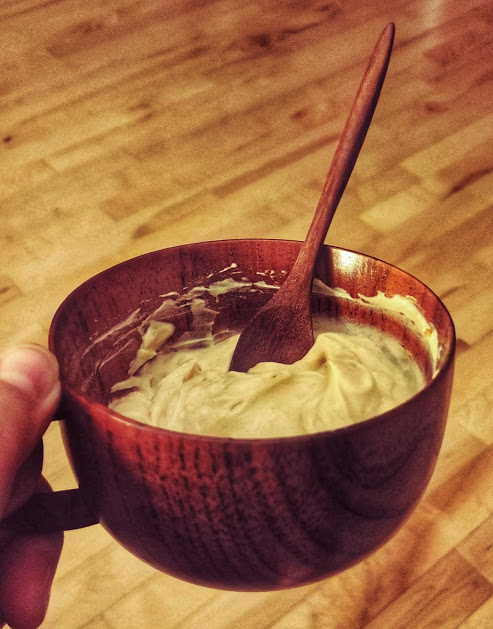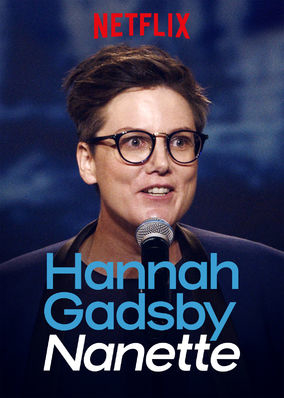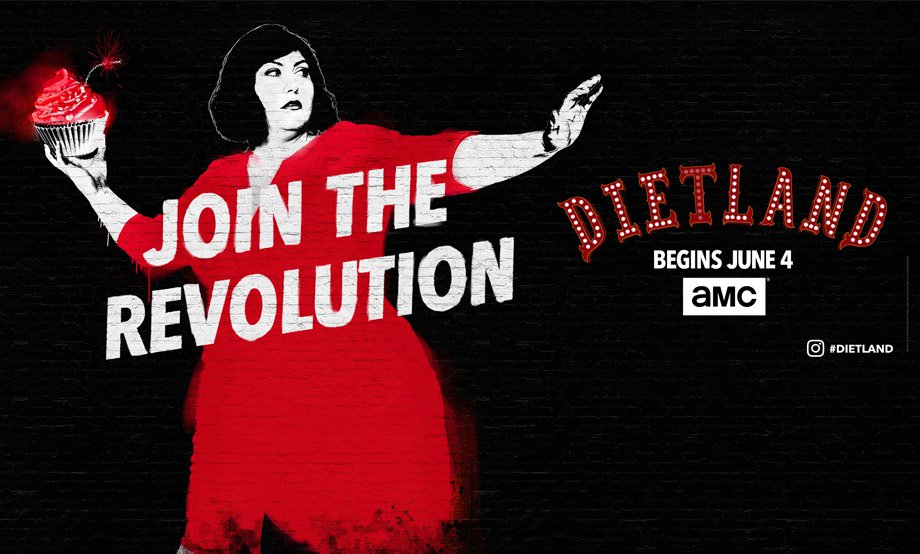Warning: there will be swearing.
A few weeks ago I was driving along listening to a song by The Waifs (shout out to my sister, Jenny, who introduced me to them…I love you! <3) called Fisherman’s Daughter, that I’ve been listening to for about a year now. I only recently realised that I’d been misinterpreting one of the lines. It’s not that I didn’t understand the words because I did, but I didn’t interpret them correctly because you don’t know something until you know it (until it’s on your radar).
The line in question goes “I’m living in the left-hand lane of my city” and then goes on to say “slow down so I can walk this highway with you, slow down, let me walk it with you”. In my head, the singer is saying she lives in the fast-lane but she’s suggesting that her and this person she’s interested in should slow down together. Then, BAM, it dawned on me after a whole year that the left-hand lane IS the slow lane because The Waifs are from Australia. She’s asking the person she is interested in to slow down and join her. She’s asking someone else to change rather than suggesting that they both make a change together. It’s maybe a subtle difference, but it’s a big difference in terms of how one goes into a relationship and it made me laugh out loud in the car to realise that I’ve been misinterpreting the lyrics of this song because I hadn’t recognised the context in which they exist! Context, or lack of it, creates all kinds of blind spots and I want to explore that in terms of some recent experiences I’ve had.
To back up just a wee bit, I haven’t been posting much lately for a couple of reasons. The first is that the Okanagan has been severely affected by the fires and smoke in the region (and the entire province) so being outdoors is ill-advised, especially while I’m overcoming a cold that has settled into my chest and I’m trying to remain well enough for a surgery that is scheduled for next week. The other reason is that I’ve been dealing with some medical trips that have been a long time in the making. I don’t feel like going into all the details right now but it has meant a lot of travelling, completing various tests, and attending appointments with a number of health professionals.
The trips have involved visits to two hospitals and it’s those experiences I want to share. The first trip was to Richmond General Hospital and the second was to the Royal Jubilee Hospital in Victoria (if you’re reading from anywhere outside of Canada, both hospitals are located in southern British Columbia). I want to write about something I noticed in both of those hospitals, but also about things that go unnoticed when we’re not checking for context.
If you’ve read any of my review posts you probably know by now that I’m fat, I’m wide in the hips, and that chairs with arms are often a source of dread and pain for me and for plenty of other fat people. When the arms of the chair are not wide enough the effects can range from moderate discomfort to severe pain/numbness resulting in bruises from where the chair digs into my hips or thighs. When you’re already dealing with mobility and pain issues from a chronic illness, standing for the long periods of time that one sometimes has to wait in a medical facility (or just about anywhere) is not an option, either. So, pain is the constant companion that reminds me that sitting and standing both suck in a way that leave me struggling to come to terms with the fact that, in its current state, my body is disabled.
If you can relate to any of that, or even if you’re just able to empathise about it, you’ll have some inkling of the joy I felt when I realised that at every different waiting area (Imaging, Pharmacy, Diagnostics, etc.) of both hospitals there was a wide seating option! It made me feel hopeful. It made me feel welcome, maybe even accepted and that meant a whole lot, especially because I was already feeling unwell and nervous about the medical testing. Seeing seating that was actually meant for me and other people like me made me feel like a fucking human being. What a concept.
My new-found hopes were quickly dashed when I realised that the wide chair in the area where I needed to wait was occupied by an *average-sized * teenager who had enough space on the chair for her body alongside her iced coffee and a muffin, while she sprawled in a sideways sort-of position in the chair. She was having a damn picnic all up in that chair as though it was Roman times and we were casually hanging out in a triclinium. Public service announcement: Those extra-wide seats are for extra-wide people, or people who require attached devices, or any other number of things, none of which include giving your coffee and snacks a comfortable place to sit.
I need to be really honest with myself and everyone else and own up to the fact that I am shit at speaking up about my needs with people I don’t know well (or total strangers). I wedged myself into a regular-sized chair (my hips were zinging with pain) and tried to distract myself from the pain by reading while I waited the 45 minutes until the medical staff was ready for me. During that wait, I kept willing myself to just ask this young woman if she would mind if I sat in that chair because of my physical needs. I suspect she probably would have moved and I have no doubt that she wasn’t even really aware that the wide seat is meant for those who are, well, wide. But, I totally chickened out. What if she refused? What if she gave me a dirty look or said something rude to me? I was already feeling some anxiety about the tests that were about to take place, and I would rather face the pain I was familiar (pinchy chair, physical exhaustion) with than risk dealing with an unknown reaction.
Again, it’s likely that this young woman didn’t even comprehend the real purpose of the only wide chair in the area, and so my intention isn’t to shame her; rather, it made me think about how aware any of us are about our surroundings and how that affects others, based on context. If there had been no fat people in the waiting area (or people who needed the extra space for a medical device, etc.), then it wouldn’t have mattered to anyone if this young woman sat in the chair. In fact, it was only me that it mattered to at all on this particular afternoon, but it DID matter to me.
I try very hard to be aware of how I affect others. I’m a big person, I take up space, and I’m constantly trying to fold myself up and hold my body in ways that will affect others as little possible when I’m on a plane, or in a restaurant, or seated at a venue, or whatever. I try to look out for the needs of others as best I can and, in general, people tend to be fairly courteous to me (don’t get me wrong, I’ve encountered some real bullshit with people over my weight in my lifetime, but certainly the positive experiences I have with people outweigh—haha– the negative). For all that I do to try to be aware, I’m sure that sometimes things still end up in my blind spot.
The Royal Jubilee Hospital also had one wide seat per waiting area and it just so happened that the one in the area where I needed to be was taken up by another woman when I got there, but she was a large woman and I don’t begrudge her that seat one bit. It made me so happy that she got to wait in comfort! It’s the context that mattered. My needs weren’t being fully met but I didn’t feel so crappy about it because, even though the chair wasn’t available to me, it was being used by someone who needed it rather than being occupied by someone who had a blind spot about the fact that the wider chair existed for a specific reason and that they could fit, without pain, into a regular-sized chair.
As body and ability movements/activists become more vocal and visible there are certainly changes that I see happening, and I’m heartened by those changes. Hell, I’m motivated and grateful to all of the brave people who are putting themselves out there so that others, including myself, can have better quality of life. I have spent much of my career actively and successfully advocating for others and I’m only just really learning how to be okay with telling others that my needs are real, that they are important, and that I matter.
Thank goodness for Samantha Irby, Roxane Gay, Hannah Gasby, Lindy West, Alison Malee, Glori B, Candy Palmater, Joy Nash, Michelle Elman, Rachel Wiley, Sarah Sapora, and so, SO many more. Those women are fucking slaying it! They are challenging where people who have traditionally been marginalized (women, people of different sizes, people with different abilities, POC , LGTBQ2IA people, people with mental health issues, etc.) fit into this world and they are helping to shape a better, more inclusive one. I am personally grateful to each and every one of them, and so many others, because without their voices I don’t think I would be on the path to learning just how worthy I am.
As inclusion increases, it’s important that we recognise the privilege and abilities that we DO have so that we don’t use misuse resources that are required by others in ways that hinder their access (for example, I don’t physically require a wheelchair accessible bathroom so I don’t use that stall so that it IS available for someone who actually needs it). I’m hoping that as more awareness is raised, that we will all practice checking our blind spots more frequently and try to understand our surroundings through the perspective of someone who experiences the world differently that we do.
Pull up a wide chair, or a mobility device, or whatever makes you comfortable and let me know in the comments what blind spots you’ve witnessed in others or what you could pay more attention to, yourself. Maybe there is something that is negatively impacting your life on a regular basis that people don’t seem aware of. If so, please tell me about; I’m always looking for ways to be more aware.



